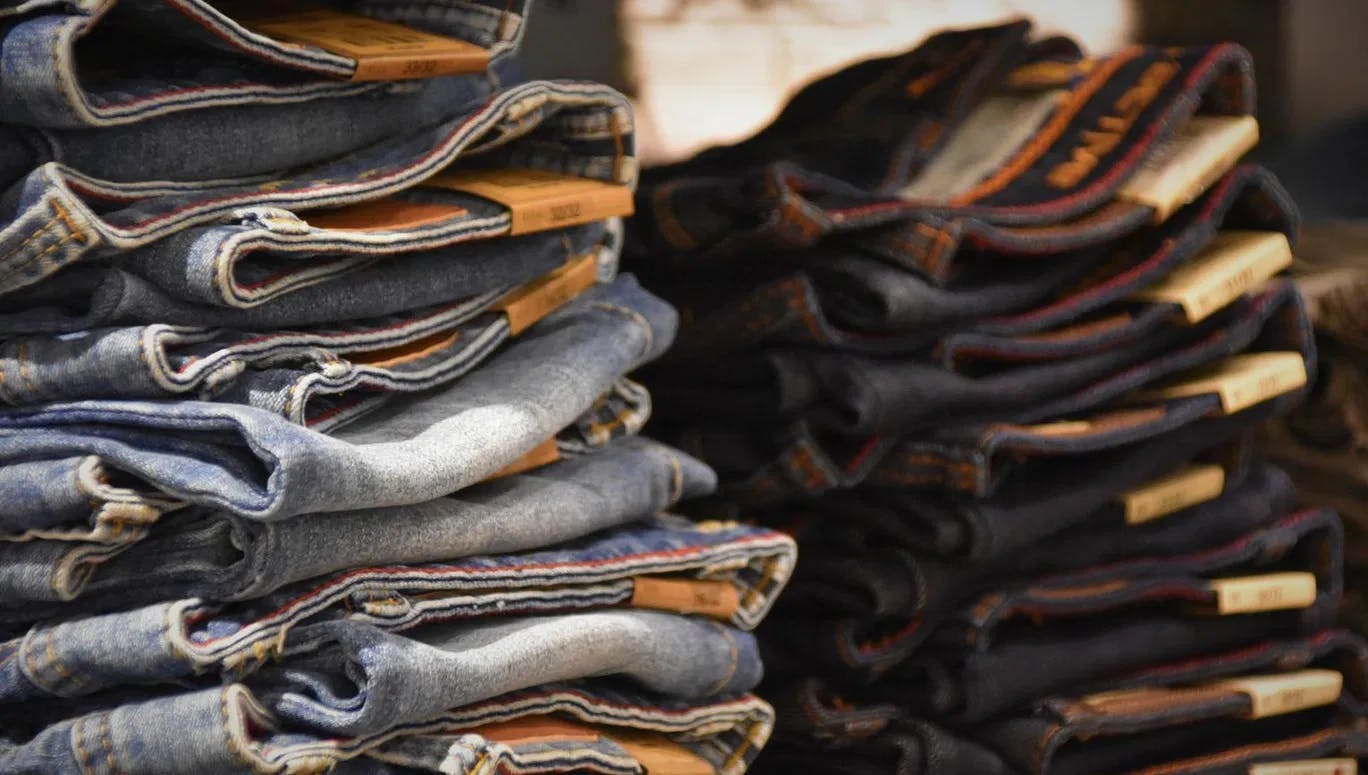Two years later: How the Denim Deal is increasing sustainability worldwide
The Denim Deal was signed on October 29, 2020 by 28 parties in the heart of Amsterdam with the aim to make post-consumer cotton recycling the new industry standard for denim manufacturers. Two years later, what started as a local initiative has gone global and yielded some pretty impressive results - but the work isn’t over yet.
Checking in on the progress
The denim deal saw brands pledge to work towards using 5% recycled post consumer cotton (PCR) in all future collections and produce 3 million denim items made with 20% PCR. The aim was to impact more than just denim products, but inspire the use of more recycled cotton overall. The first evaluation carried out between January 1, 2022 and August 11, 2022 showed considerable progress has been made:
- A total of 39 partied have now signed the deal
- On the Dutch market: the number of denim products made from 5% or more PCR has increased from 8% to 26% in 2021
- On the international market: the number of denim products made of 5% or more PCR increased from 12% to 40% in 2021
- Worldwide: 3 million denim items have been put on the market that contain 20% or more PCR
On top of that, almost all participating brands have set their production goals above the 5% PCR standard. The range extends from using 7% PCR to making 100% of their denim from recycled materials. However, while a lot of work has been done, there is still more ground to cover. To continue propagating a sustainable denim industry, better quality consumer textile recycling needs to be put in place and more parties need to join the deal to increase the amount of recycled goods on the market.
Sustainable fashion in Amsterdam
Luckily, Amsterdam is just the place to carry out sustainable fashion initiatives. The city’s denim industry alone is a frontrunner when it comes to sustainable fashion, with leading brands like G-Star Raw, PVH and Denham. Many Dutch brands, from digital-only fashion houses to up-cycled haute couture, are changing the way we think about our clothes - both locally and around the world.
